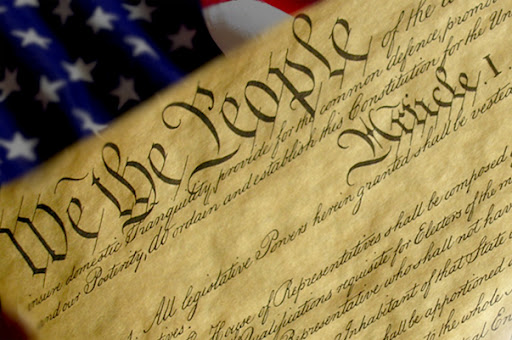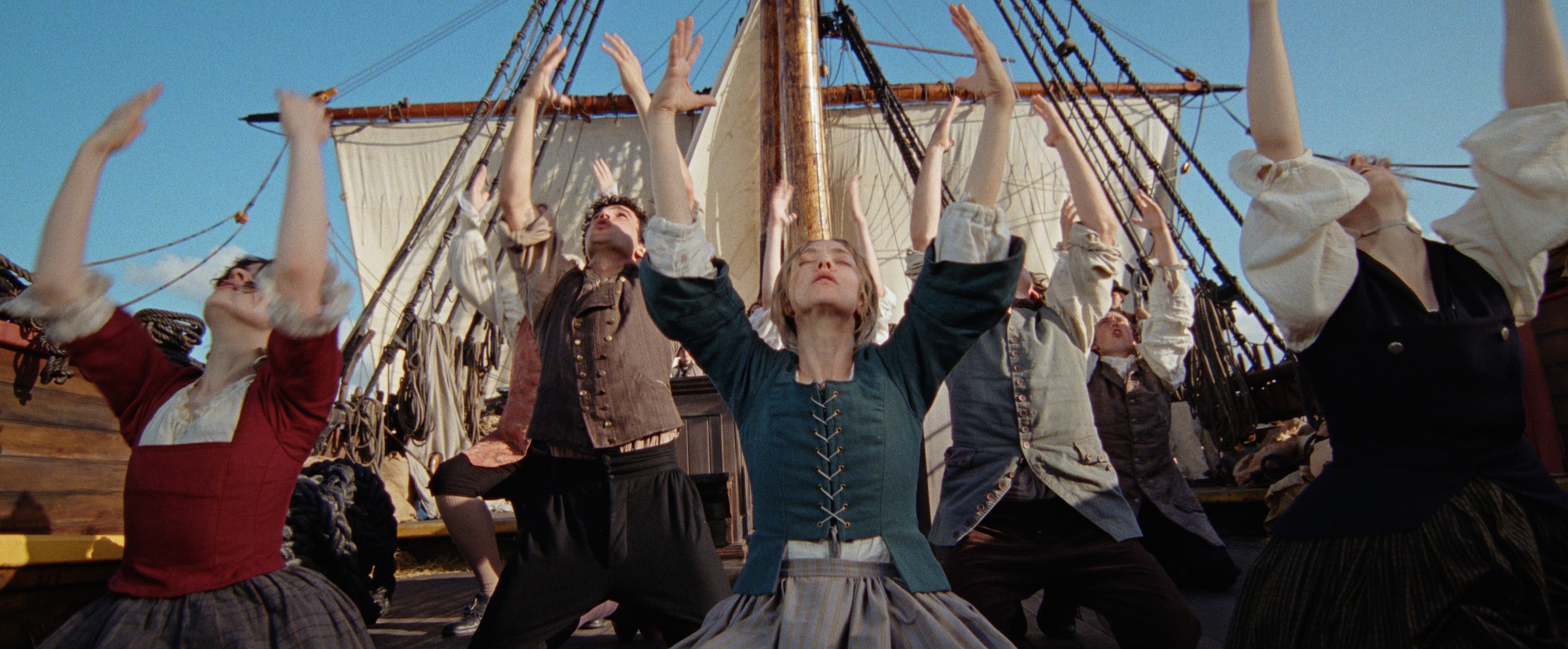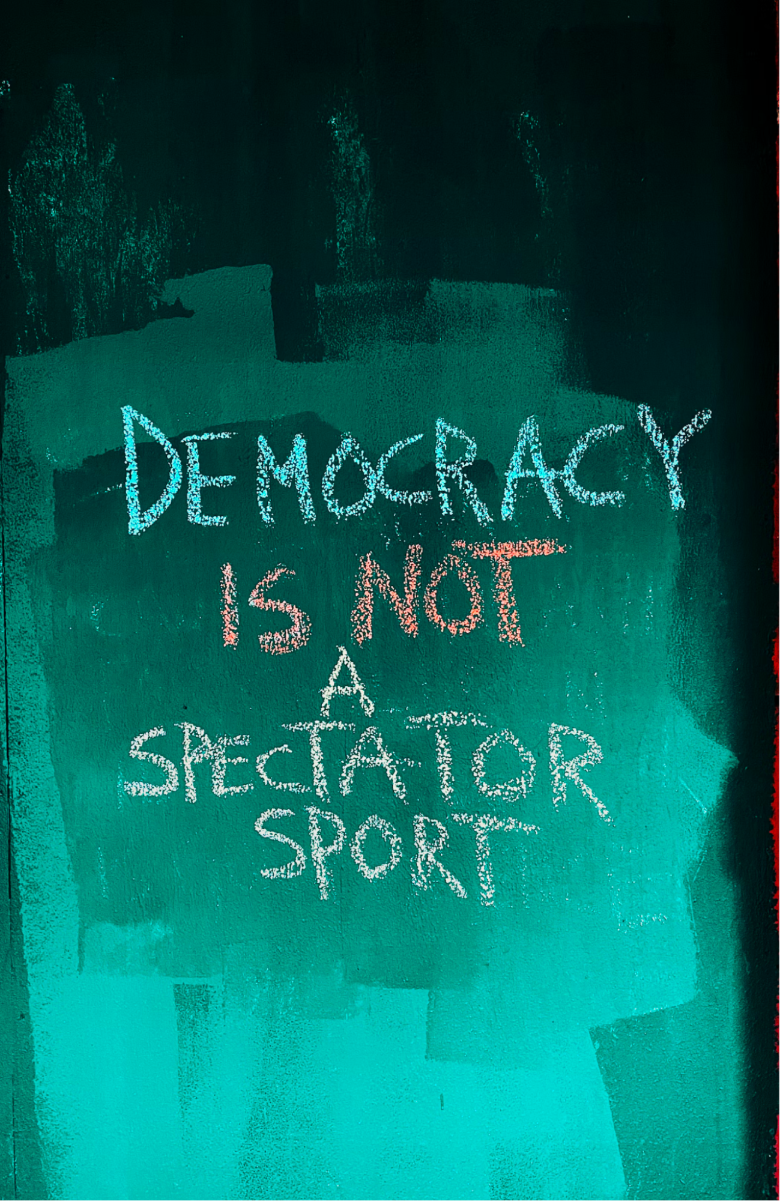
Analysis
Jesus Christ’s Kingship: Religious Freedom or Religious Imposition?
In North Dakota’s Sixty-ninth Legislative Assembly, House Concurrent Resolution 3020, introduced by Representatives Rios, Christianson, Henderson, Holle, Hoverson, Morton, Nehring, VanWinkle, K. Anderson, J. Johnson, and Senators Walen and Weston, has ignited a considerable debate about infringement on religious freedom. At the heart of this controversy is a proposal to acknowledge Jesus Christ’s Kingship to redeem society. However, clergy, interfaith communities, and community members warn that this measure threatens religious freedom and moves toward government endorsement of Christianity.
Carter Beckham, a Catholic Church member supporting the bill, referenced Tom Holland’s Dominion in his testimony. He emphasized that Christianity has long been the foundation of Western values, which conflicts with our country’s religious freedom tradition He argued that society has drifted away from these roots due to influences like the Enlightenment and secular ideologies. According to this perspective, secular societies may appear cohesive in the short term, but ultimately, they are unsustainable, a point amplified by Michael Jones in his debate with Phil Zuckerman.
Advocates for HCR3020 argue that Western society has shifted away from its Christian foundations toward ideologies like liberalism, communism, and fascism, which has fueled polarization. . Supporters also claim that moral decay results from Christianity’s diminished role in public life and that government recognition of Christian values could address issues like crime, family stability, and political polarization.
However, opponents warn that HCR3020 threatens religious freedom by promoting government endorsement of a single religion, potentially violating the First Amendment’s Establishment Clause. This ultimately marginalizes religious minorities and non-religious individuals, making them feel like second-class citizens and raising concerns about equity and inclusivity. Faith leaders and clergy have been discerning various legislative measures, including school vouchers, school chaplains, personhood policies, designing curricula, LGBTQ rights, and book bans. During a recent committee hearing on HCR3020, which made the declaration that “North Dakota acknowledge the Kingship of Jesus Christ over all the world so that this great state may at last receive the great blessings of fundamental liberty, well-ordered discipline, peace, and harmony… local clergy affiliated with the Interfaith Alliance of North Dakota testified in defense of religious freedom.
Pastor Sylvia Bull stated:
“...An official recognition of and preference for Christianity in our government could easily lead, by inference, implication, or actual policy, to discrimination against non-Christians and/or preferential treatment for Christians. This is not the way to honor Christ or to make disciples. Jesus’ invitation to discipleship is always that—invitational—never coercive or controlling.” This potential for discrimination and preferential treatment should invoke a sense of injustice and inequality in the audience.
Pastor Gretchen Deeg also echoed this concern:
“[This bill] is a direct violation of the freedom of religion. . . When Christianity becomes combined with the Empire, it ceases to be Christian. However, if you are still considering this resolution’s passage, let me remind you what that means.
Proclaiming the Kingship of Jesus Christ means loving your neighbor as yourself. Our neighbors are people of all abilities, ages, ethnicities, genders, races, religions, sexual orientations, and socioeconomic statuses. To love your neighbor as yourself means putting others above your selfish wants. It means treating all people with dignity and respect regardless of their skin color or country of origin. It means welcoming all people as you would welcome Jesus Christ. For as you do to the least of these, you do unto Christ. (Matthew 25:40).”
While many U.S. religious groups rightly share their views and values on policies in our secular democracy, explicitly endorsing a religious figure in governance crosses a legal and ethical boundary. Ultimately, this could lead to similar resolutions favoring specific religious beliefs, which fundamentally disregards the pluralistic foundation of the United States rooted in the Constitution.
In their testimony, American Atheists highlighted concerns about the bill’s impact on religious freedom. If the ND state government begins officially recognizing Christian doctrine, what would that mean for residents of other faiths or no faith at all?
“Others would feel the need to hide their beliefs and non-beliefs to avoid negative treatment, which would violate their freedom of speech. Private and public employees would feel compelled to endorse the state religion out of fear for their livelihoods. Non-Christian churches, mosques, synagogues, and temples would become targets for hate crimes by those who believe the government-sponsored religion should be the only religion in North Dakota. Religious pluralism would no longer be celebrated but oppressed.”
Legal professionals point to past Supreme Court rulings that have struck down government actions favoring one religion over others. The North Dakota ACLU has expressed concerns that the bill could alienate non-Christian people as well as upholding the rule of law in this process.
It is critical to recognize that the state pushing one faith, with the intent for the good of all, contradicts the principles of religious freedom and inclusion on which the United States was built. In an afternoon session on February 18, HCR3020 was defeated with a roll call of 31 yeas to 59 nays. However, this defeat does not end with the fight for religious freedom and the separation of church and state. The defeat of HCR3020 is a victory for religious freedom, but it also serves as a reminder of the ongoing need to protect these fundamental rights.
The key question remains: What are the next steps for North Dakota’s community, particularly for those advocating for religious freedom in governance?
The North Dakota Legislative Assembly also has several education-related bills that have sparked significant debate. HB 1540 proposes creating an education savings account program, allowing public funds to be used for private education expenses, a measure facing opposition like Dr. Carly Retterath, Assistant Superintendent of Mandan Public Schools, who advocates for keeping public dollars in public schools. SB 2400 proposes up to $3,500 per child for private school families, which Nick Archuleta, the President of ND United, the teachers and public employees union, opposes because it would divert public money to private schools and "...makes it more difficult for North Dakota's great public schools to deliver on our promise...". These bills ultimately aim to expand the financing of private educational institutions in North Dakota and divert funding from public education. This diversion of funds could potentially impact the quality and accessibility of public education, which is a concern for many North Dakota residents, including those advocating for religious freedom.
Now is the time to take action.
For more insight on HCR3020, check out United Church of Christ Pastor Michelle Webber’s powerful Letter to the Editor here.
Kennedy Perry is an Organizing Intern at Interfaith Alliance.
Transcript

Pluralism is Democracy in Action
On July 4, America will mark 250 years since the signing of the Declaration of Independence. That day in 1776, the nation’s founders put forward a bold vision for a new democratic experiment, one rooted in shared values, with power derived from the people rather than imposed by a monarch or religious authority:


